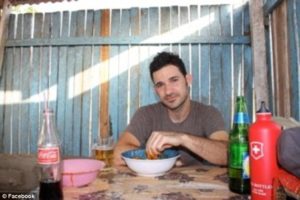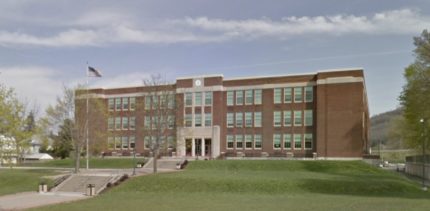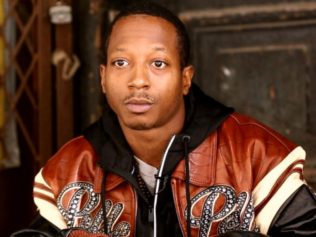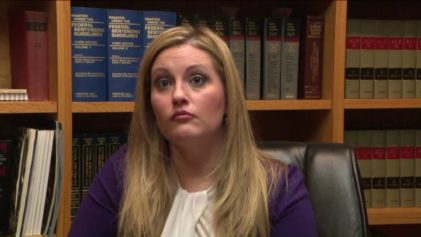Ebola has hit the most heavily populated city in the country, as New York City officials confirmed that a doctor who lives in Harlem has tested positive for the virus after returning from Guinea, where he worked with Ebola patients.
Mayor Bill de Blasio and Gov. Andrew Cuomo quickly held a joint news conference Thursday, attempting to reassure the public before panic set in. With jam-packed public transportation systems and crowded city streets, New York City presents a significant challenge to health officials if the disease started to spread.
At the news conference, Cuomo said the doctor, Craig Spencer, a 33-year-old white man who lives on West 147th Street, had come into close contact with four people, all of whom are being monitored — including Spencer’s fiancee.
“There is no reason for New Yorkers to be alarmed,” said de Blasio, who had spoken just four days ago at a special conference of medical experts that was convened to discuss the city’s preparedness for the virus. “We’ve been preparing for months for the threat of Ebola with clear and strong protocols that were scrupulously followed in this instance.”
Cuomo said officials had been hoping Ebola wouldn’t hit the city, “but we were also realistic,” the governor said. “This is New York. People come to New York. People come to New York’s airports.”
Spencer on Thursday was placed in isolation at Bellevue Hospital Center, which city health officials had already chosen to treat Ebola patients, as health care workers fanned across the city to locate anyone Spencer might have come into contact with in recent days. There was significant concern because Spencer apparently traveled from Manhattan to Brooklyn on the subway Wednesday night to visit a bowling alley, then he took a taxi home.
On Thursday morning, Spencer told officials, he had a temperature of 103 degrees. Because Ebola patients don’t become contagious until they begin to display symptoms, it’s not entirely clear whether Spencer could spread the disease when he took the subway to the bowling alley. A health care worker at the hospital told the New York Times that Spencer seemed “very sick.”
Leading up to this case, doctors at Bellevue had been preparing for the possible arrival of an Ebola patient by conducting drills and tests using “test patients.” In addition, there had been several dozen suspected cases over the last few weeks that turned out to be false alarms.
Spencer, a fellow of international emergency medicine at New York-Presbyterian Hospital/Columbia University Medical Center and an instructor in clinical medicine at Columbia University, was in Guinea working with Doctors Without Borders.
“He is a committed and responsible physician who always puts his patients first,” Spencer’s employer, New York-Presbyterian Hospital/Columbia University Medical Center, said in a statement. “He has not been to work at our hospital and has not seen any patients at our hospital since his return from overseas.”
City Health Commissioner Mary Travis Bassett told reporters that Spencer arrived at New York’s John F. Kennedy International Airport from Guinea last Friday, when he felt fine. He began feeling tired Tuesday, but the fever didn’t come until Thursday between 10 and 11 a.m.
According to medical experts, if a patient with Ebola feels sick, people in public places or on the public transportation system aren’t in danger unless the patient threw up.
The doctor’s apartment in Harlem was sealed off, as workers distributed informational fliers about the disease.
Officials said Spencer told them he didn’t think the protective gear he wore while working with Ebola patients had been breached, but he had been monitoring his own health.
After Spencer told the staff of Doctors Without Borders about his fever, the organization called the city’s health department, which in turn called the Fire Department. That prompted the arrival of emergency medical workers, wearing full personal protective gear to Spencer’s apartment. They rushed him to Bellevue, where he arrived shortly after 1 p.m. Thursday afternoon.
After the death of Thomas Eric Duncan in Dallas earlier this month, the two nurses who contracted Ebola while treating him have since recovered from the disease.



